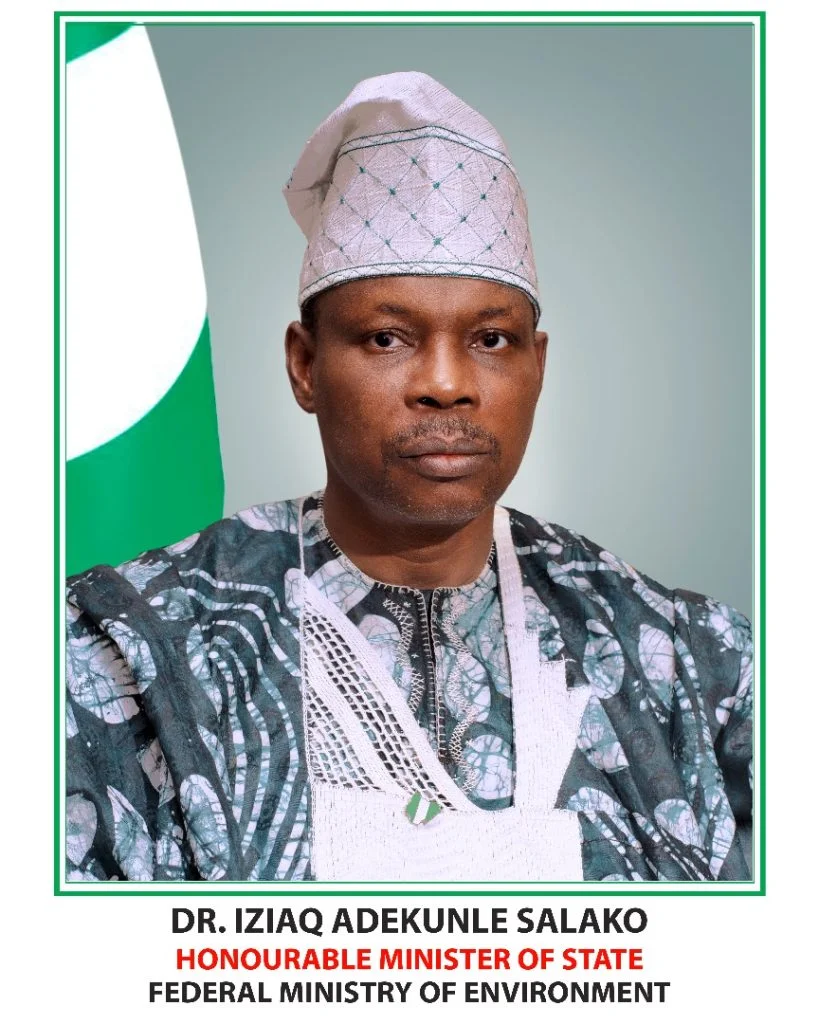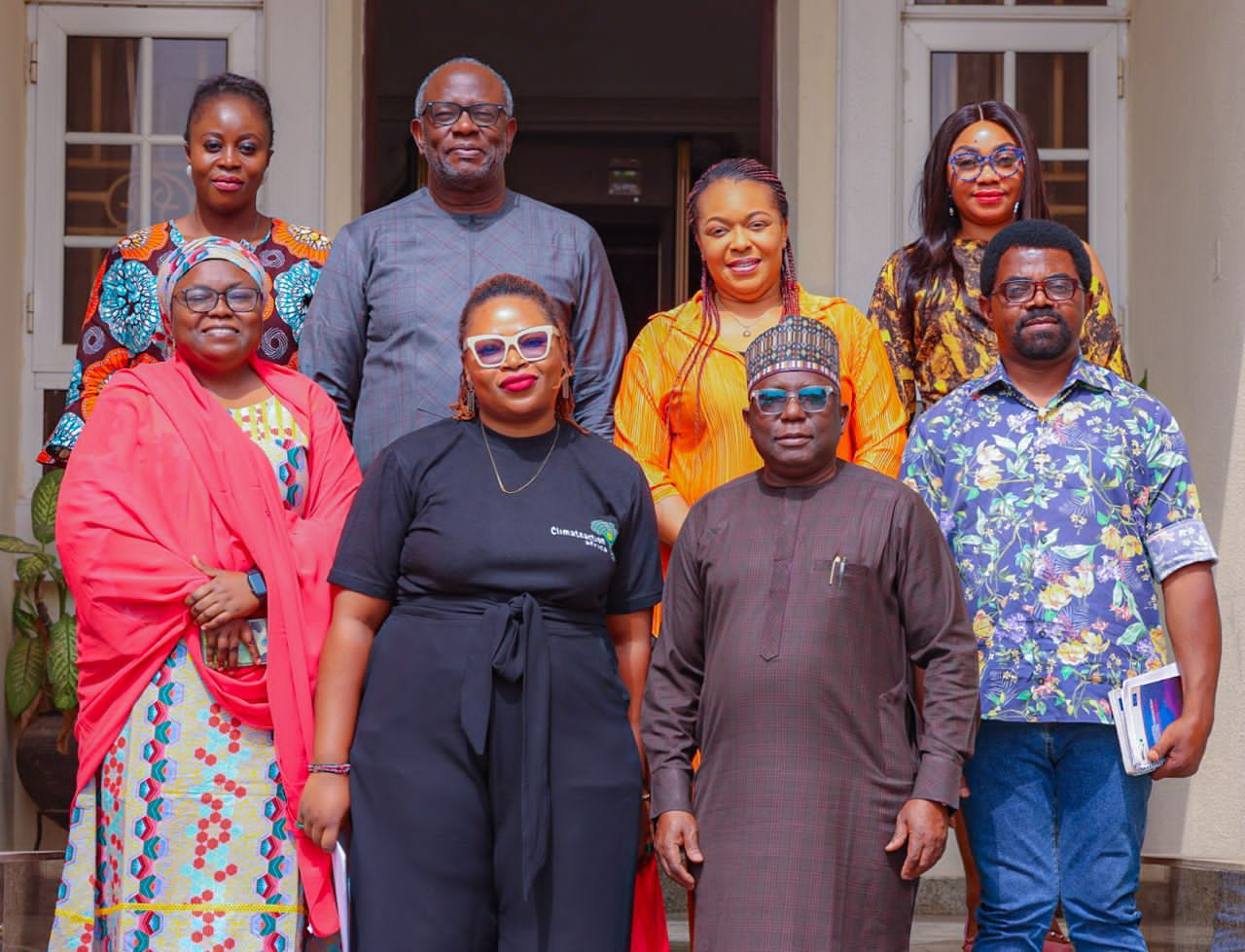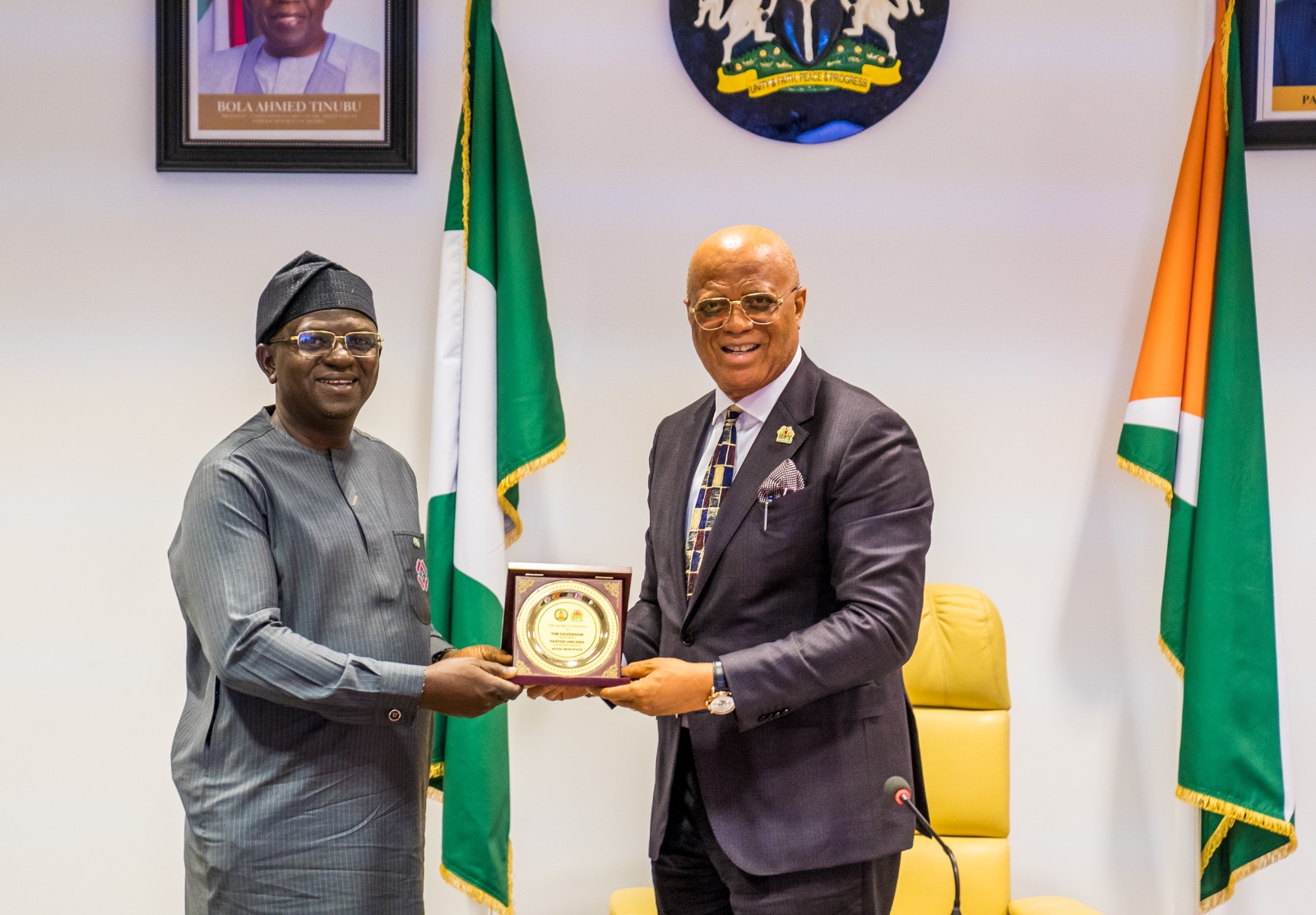Environmental Pollution, Climate Change Induce A Threat to Biodiversity – Minister

By Fatima Saka
The federal government of Nigeria has called for protection of biodiversity as it supports human existence on earth, from human health and well-being to food and water security to economies and livelihoods.
Added that the decline of biodiversity is threatened by increase in environmental pollution, induced by climate change and illegal exportation.
The Minister of State for Environment, Dr. Iziaq Adekunle Salako made this assertion recently in Abuja, at the Inception Workshop for the Kunming-Montreal Global Biodiversity Framework (KMGBF) Early Action Support Project.
While delivering his keynote address, Dr Salako stressed that biodiversity is severely threatened, and it is declining at unprecedented levels due to increasing pollution, resource exploitation, land use change, invasive species, and climate change, among other factors.
He further stressed that The Intergovernmental Science Policy Platform on Biodiversity and Ecosystem Services (IPBES) shone a light on this in its Global Assessment Report on Biodiversity and Ecosystem Services.
“Conclusions of this report indicate that the world is facing an extinction crisis, with one million species threatened with extinction, many within decades. I am sure you will all agree with me that such a situation is unacceptable and that urgent action must be taken.
“Building on the ambition set forth in the Strategic Plan for Biodiversity 2011-2020 and its Aichi Biodiversity Targets, the Kunming-Montreal Global Biodiversity Framework (GBF) seeks to halt and reverse biodiversity loss for the benefit of the planet and people.
“Indeed, I am delighted that Nigeria has been driving an ambitious global agenda to address this crisis, including at the 15th meeting of the Conference of the Parties to the Convention on Biological Diversity, CoP15.
“During CoP15, Nigeria joined hands with our ECOWAS colleagues and ensured that ECOWAS priorities were encapsulated within the landmark Kunming-Montreal Global Biodiversity Framework. We fought hard for these achievements, and I know that many of you here today were part of the team that made it happen – for this I would like to sincerely congratulate you.
“I am particularly proud of Target 3, which sets a mandate to conserve and protect at least 30% of the Planet by 2030 (30×30) and calls for effectively conserving this 30%.
“Only this level of ambition will ensure that the planet is properly conserved. Indeed, the Global Biodiversity Framework is a fantastic achievement. However, it is simply the first small step along the road towards ensuring that global biodiversity is protected. Now comes the hard part – implementation of the Global Biodiversity Framework.
“National Biodiversity Strategies and Action Plans (NBSAPs) are the policy instruments for national implementation of the Convention on Biological Diversity (CBD). To accelerate action to achieve the Vision for Biodiversity of living in harmony with nature by 2050, NBSAPs must be rapidly aligned with the new goals and targets of the Kunming-Montreal Global Biodiversity Framework.
“Having seen the strength of Nigeria’s ambition and technical expertise, I am confident that we can lead the way once again and develop a practical, inclusive and ambitious National Biodiversity Strategy and Action Plan.
“Ladies and gentlemen, it is your job here today to kick start this process. We need to ensure that we instrumentalize and accelerate action across sectors and society toward the realization of the goals and targets of the Global Biodiversity Framework.
‘I would like to recognize the vital contributions of GEF, UNEP, FAO and other Partners for providing a financial and technical support package that focuses on four components: NBSAP alignment, monitoring systems, policy & institutional coherence, and biodiversity finance.
“Our role here today is to focus on a rapid review of our NBSAP using a whole-of-government approach to identify the level of alignment of national goals and targets with those of the Kunming-Montreal GBF and relevant Sustainable Development Goals, and make adjustments where appropriate.
“Now, with this enormous task before us, I would like to hand this meeting over to you all, to devote your wealth of knowledge towards making sure that this meeting produces ambitious results.
“I charge you to ensure our National Targets are refined to become measurable, costed, and spatially-explicit by using best practices in gender mainstreaming, stakeholder engagement, engaging with Indigenous peoples and local communities, and applying a whole-of-government approach. Together, I am sure you can make that happen.
“I am very pleased to welcome you all to this critically important workshop. It is encouraging to see participants who are representing such a wide range of Government Ministries, Departments and Agencies as well as civil society representatives.”





